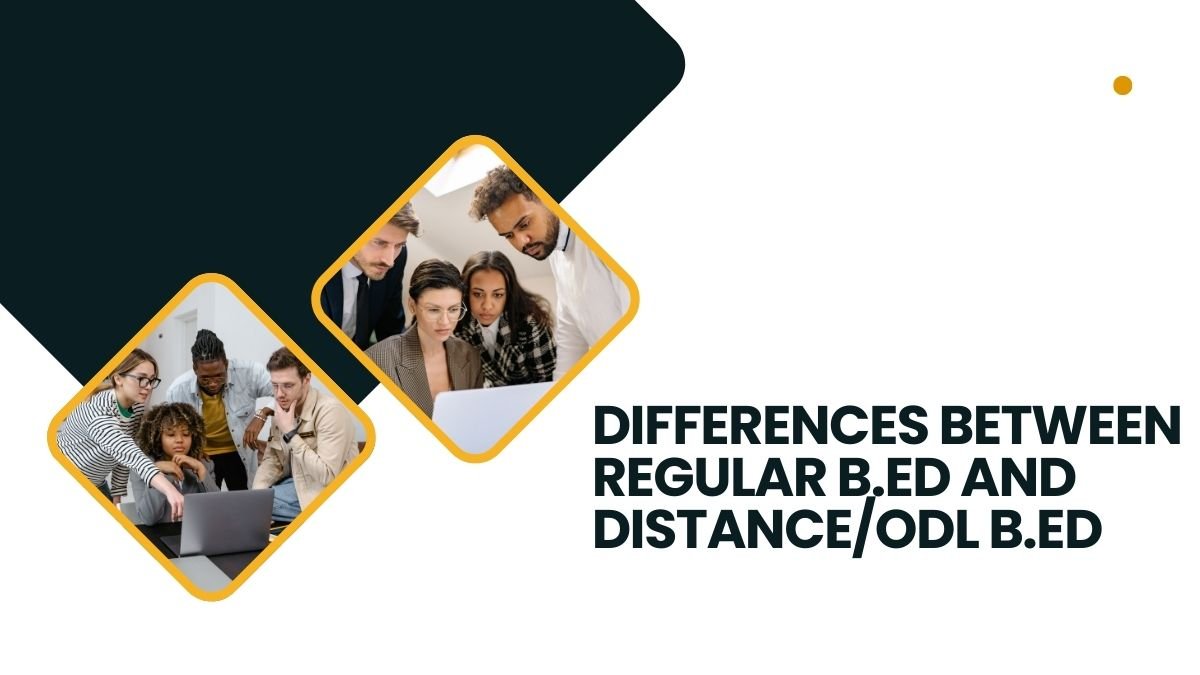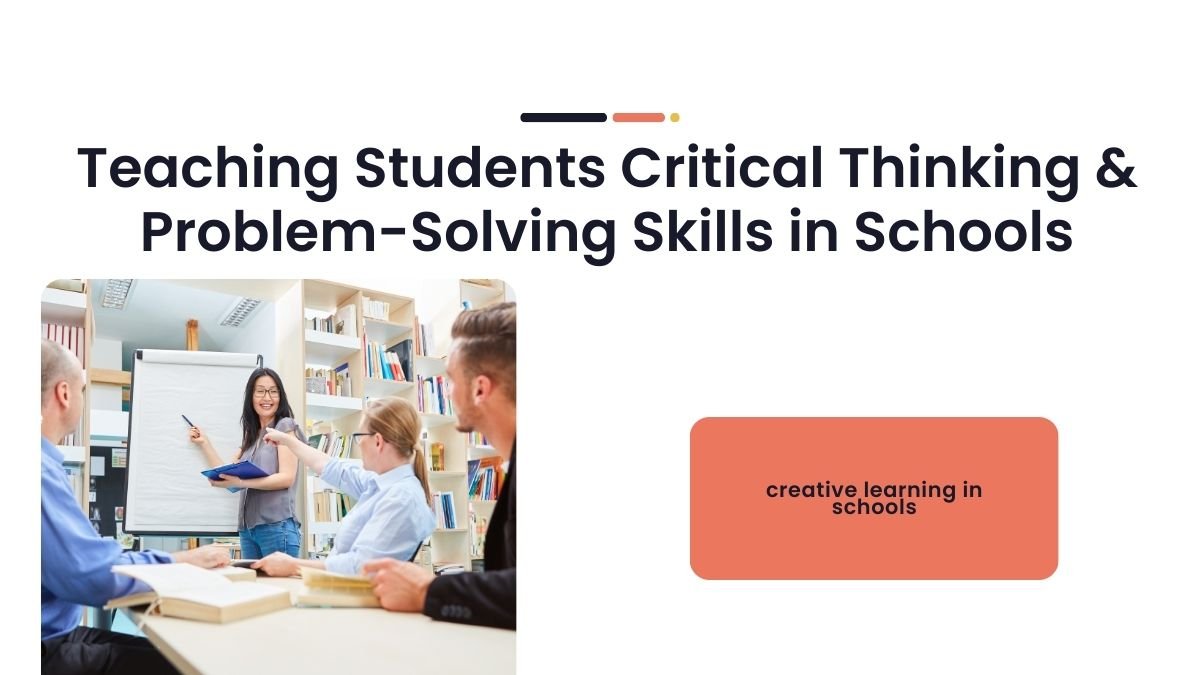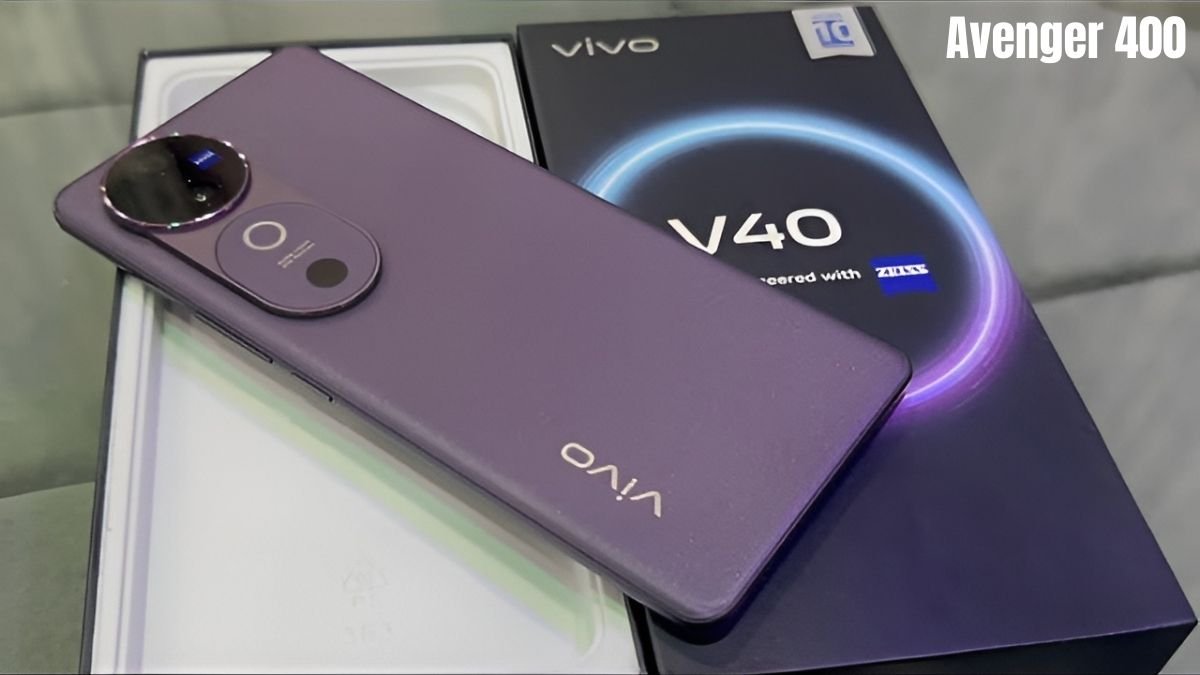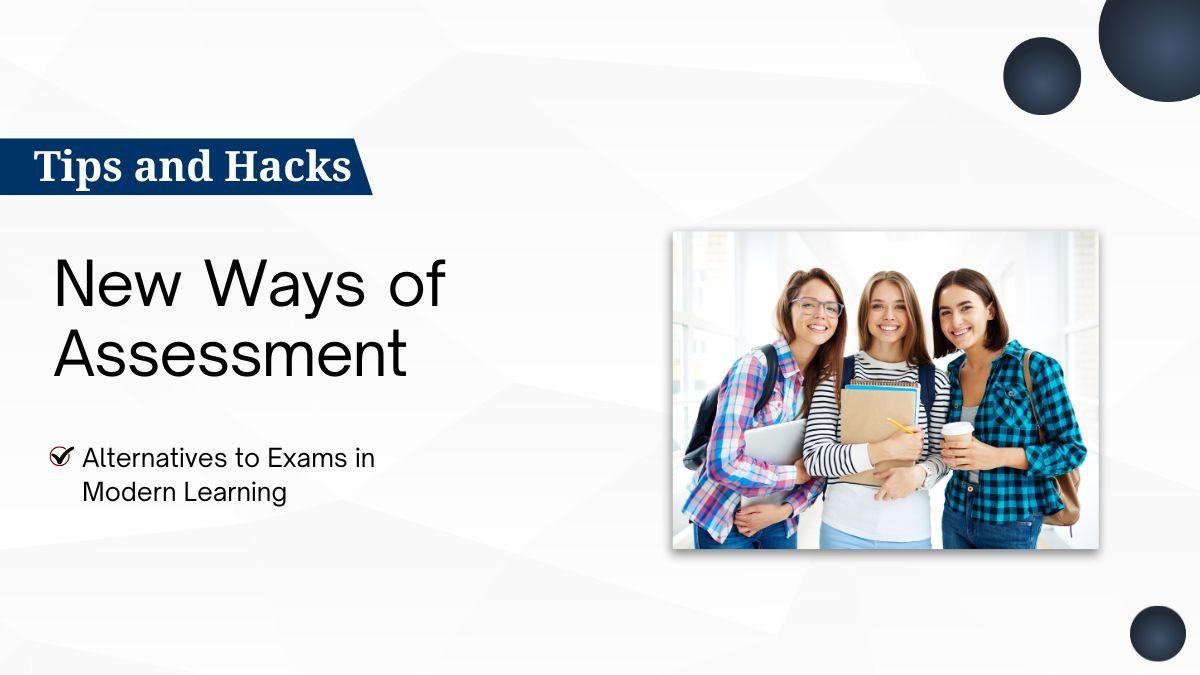Regular B.Ed vs. Distance B.Ed – Which is Better?
For many aspiring teachers, a big question looms – whether to pursue Regular B.Ed or Distance/ODL (Open and Distance Learning) B.Ed?
The degrees are valid, but there are many differences contextual to the individual. This choice depends entirely on your situation, preferences, and even future plans. Let’s dive deeper.
1. Mode of Study
Regular B.Ed
- Full-time campus-based duration.
- Students attend classes daily with a fixed timetable.
- Direct interaction with teachers and peers enhances the learning experience.
- E.g. lectures, practical classes, and seminars from 9am-4pm, just like in school or college.
Distance/ODL B.Ed
- Emphasizes self-paced study.
- Lectures are either available online or in-person at a study center.
- Students’ choice on studying according to their convenience.
- E.g. a working person studies from 2-3 hours after coming back from office at night, while assignments are completed during weekends.
2. Flexibility
Regular B.Ed
- Regular attendance in classes is required.
- The timetable is fixed, making it difficult to pursue along with work or other major responsibilities.
Distance/ODL B.Ed
- Best for those having a job, family, or other commitments.
- Students may study based on their schedules and convenience.
- E.g. A Distance B.Ed will allow a homemaker to continue her studies and still look after her family.
3. Cost
Regular B.Ed
- Relatively high.
- Tuition, hostel, books, campus facilities, and other expenses included.
Distance/ODL B.Ed
- More economic.
- Tuition fee and study material expense only.
- No hostel costs and no campus expenses.
- E.g. While the annual cost of regular B.Ed can reach around 60-70 K, distance B.Ed can be pursued within 20-30 K.
4. Practical Training
Regular B.Ed
- It has compulsory practical training.
- Students have to go to schools to teach children, prepare lesson plans and learn classroom management.
- Such experience will be of great help for future candidates who want to appear in examinations like CTET, TET, etc.
- E.g. Students are given about 20-30 days of teaching practice in a school.
Distance/ODL B.Ed
- In this case, practical training is either limited or optional.
- Some programs only organize very small workshops or short internships.
- Hence, real classroom experience is less.
- E.g. The student may receive training in a study center or school for only a 7-10 day duration.
5. Environment & Resources
Regular B.Ed
- To students studying on campus, a good environment and adequate resources are available.
- Library, lab, seminars, conferences, and interaction amongst classmates increase the scope of learning.
- Networking also becomes much easier.
Distance/ODL B.Ed
- Here, most of the studies are done from home or a study centre.
- There is less contact with classmates and more direct guidance from the teacher.
- Some students may find it a little lonely.
6. Suitability
Regular B.Ed
Who is it best suited for?
- Fresh graduates
- Students preparing for government jobs or competition
- Those wanting classroom experience
- Those who can full-time study
Distance/ODL B.Ed
Who is it best suited for?
- Working Professionals
- Housewives or family responsibility people
- Students who want to keep studying but cannot be in campus full time
- Those who want an affordable option
Summary of Key Differences
| Aspects | Regular B.Ed | Distance/ODL B.Ed |
|---|---|---|
| Mode of study | Campus-based, full-time | Self-paced, from home or study centre |
| Flexibility | Low, regular attendance required | High, freedom of time and location |
| Cost | More economical | |
| Practical training | Compulsory and extensive | Limited or optional |
| Environment | Good atmosphere on campus, peer-teacher interaction | Quite isolated environment |
| Suitability | For fresh graduates seeking government jobs | For working professionals, housewives availing flexibility |
Conclusion
Day in and day out, both Regular and Distance B.Ed clearly have their own virtues. If you are a fresh graduate, valuable time, and resources would naturally point toward Regular B.Ed being your best option.
If one wishes to be a teacher while struggling to garner job or home responsibilities, then Distance/ODL B.Ed fits just right. The choice eventually lies with you based on your circumstances, targets, and interest.









